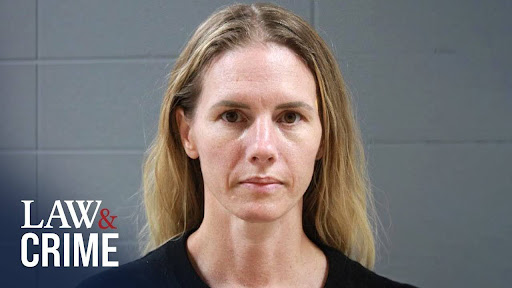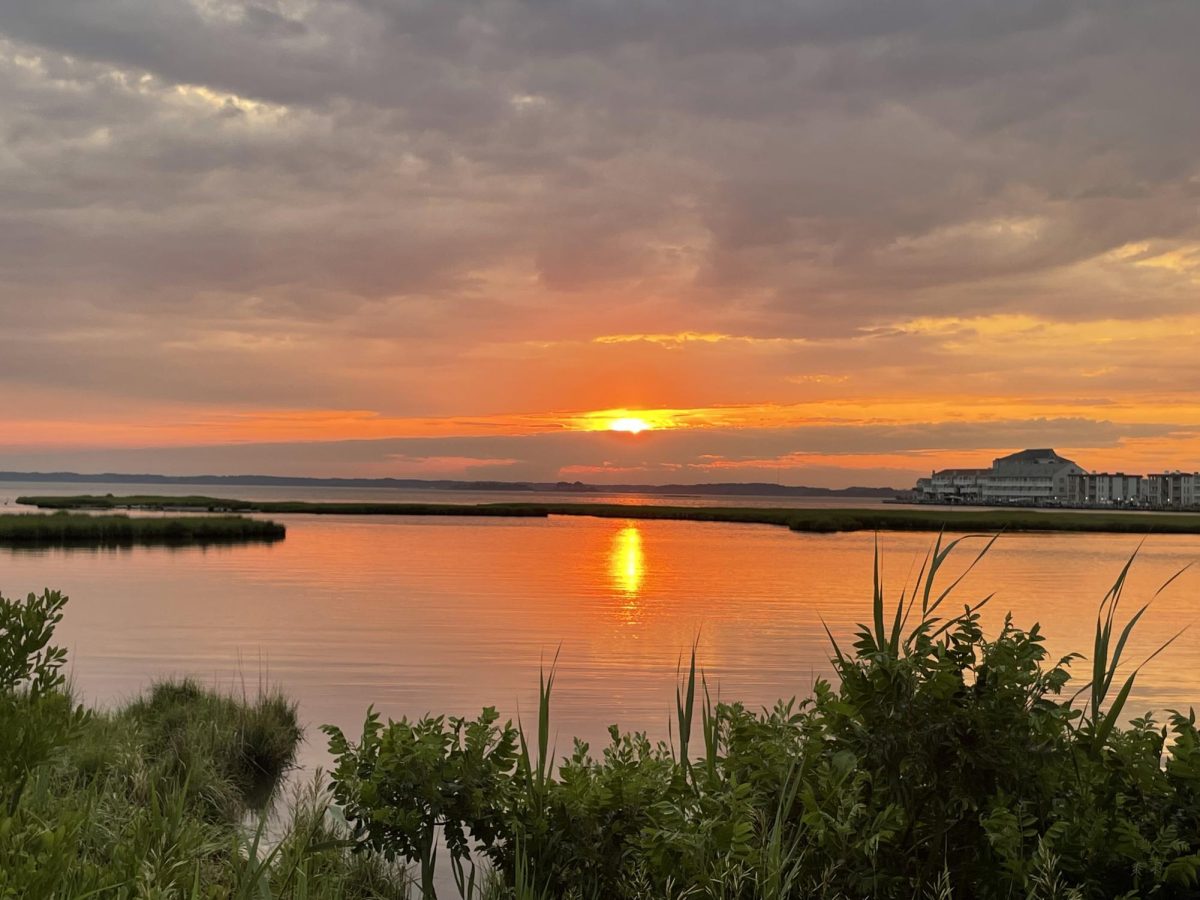On March 14, 2022, Idaho lawmakers approved a new abortion law that would ban abortions after six weeks. The House voted 54-14 to send the legislation to Governor Brad Little, who signed a measure into law that would make abortions illegal after the first sign of fetal heartbeat on April 27, 2021. But this isn’t the first law of its kind to be approved by a state legislature. In recent years, Georgia, Mississippi and Texas have all introduced heartbeat bills that work around Roe v. Wade (1973), the decision that recognized the right to abortion as constitutional.
Under Roe v. Wade, states cannot ban abortion, but they can regulate it through loopholes and “trigger laws” that would automatically be enacted if Roe v. Wade were overturned. The way that laws, like Idaho’s new abortion legislation and the Texas Heartbeat Act, work is not by explicitly prohibiting abortions after a heartbeat is detected, but by relying on ordinary citizens and family members to sue abortion providers that perform abortions after six weeks. This means that if someone overhears you talking about your abortion, they are authorized to sue your abortion clinic and any other person who helped you — take your Uber driver for example.
As a Texan, I am incredibly disappointed that the Supreme Court has allowed the Texas Heartbeat Act, a direct attack against women’s reproductive rights and freedoms, to remain in place until a court challenge is decided. The Supreme Court knows that these abortion laws are unconstitutional, yet they are letting them stand and infringe on women’s constitutional rights.
In further history of states chipping away at the laws against women’s reproductive rights, Mississippi introduced its Gestational Age Act in 2018, a similar but much stricter legislation that banned abortions after 15 weeks with no exceptions for rape or incest, but the measure was struck down by the Fifth Circuit. The state later appealed the ruling, which resulted in the U.S. Supreme Court agreeing to review the decision but limiting the case to a single question: whether all pre-viability provisions on elective abortions are constitutional. Dobbs v. Jackson’s Women’s Health Organization was heard on Dec. 2021 and a decision is expected by the end of the 21-22 term.
Dobbs v. Jackson’s Women’s Health Organization opens the door to the Supreme Court delivering one of two major decisions: they could use the case to question the entire validity of the constitutional right to abortion from the original Roe v. Wade decision, and as such, they could strike down all existing abortion protections and return them to the individual states. This means that any states that currently have trigger laws in place would immediately ban abortion.
On the other hand, if the Supreme Court decides to uphold the Mississippi law and put it into effect, it would allow all states to enact abortion bans after 15 weeks instead of the current standard of 20 to 24 weeks, thus cutting the time women get to decide on an abortion. It would also allow states to enact these restrictions without the need for exceptions to rape and incest, since the Mississippi law explicitly excludes them as reasons for justifying abortions past the 15 week limit. In this scenario, courts and conservative states would chip away at the current viability standard until they reached the “first heartbeat” stage that multiple Republican states like Texas and Idaho have recently proposed.
In short, one way or another, things are likely to feel very bleak and change drastically for a lot of women over the next few years when it comes to reproductive rights and abortion rights due to the recent appointment of textualist Amy Coney Barrett to the Supreme Court, which gave conservatives a solid majority of 6-3.
With the possibility of Roe v. Wade being completely overturned sooner than we imagined, I hope that the decision on Dobbs v. Jackson’s Women’s Health Organization opens the conversation to how the Supreme Court appointment process blatantly politicizes what is supposed to be a neutral body and brings a radical change to how legislation should be created and enforced.

















